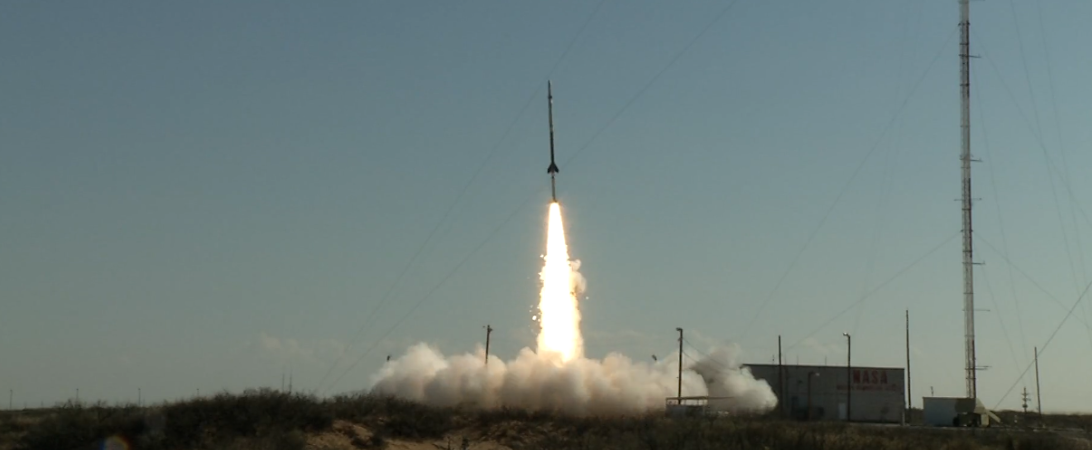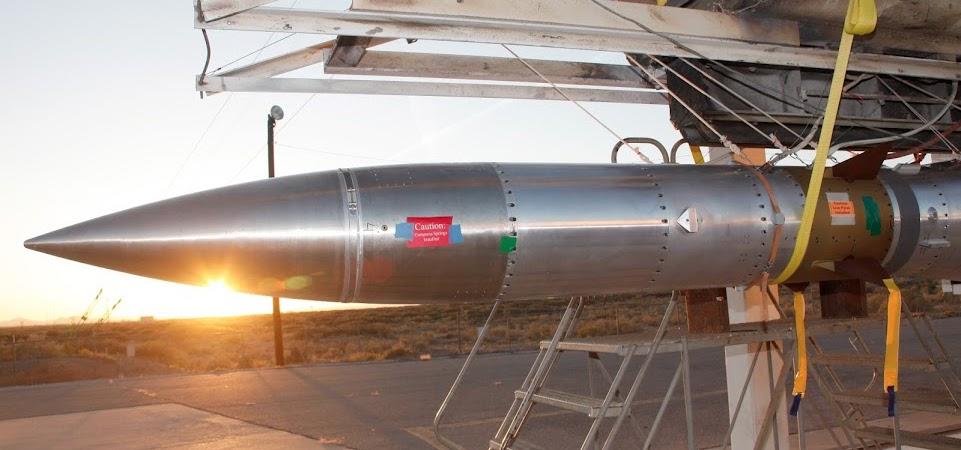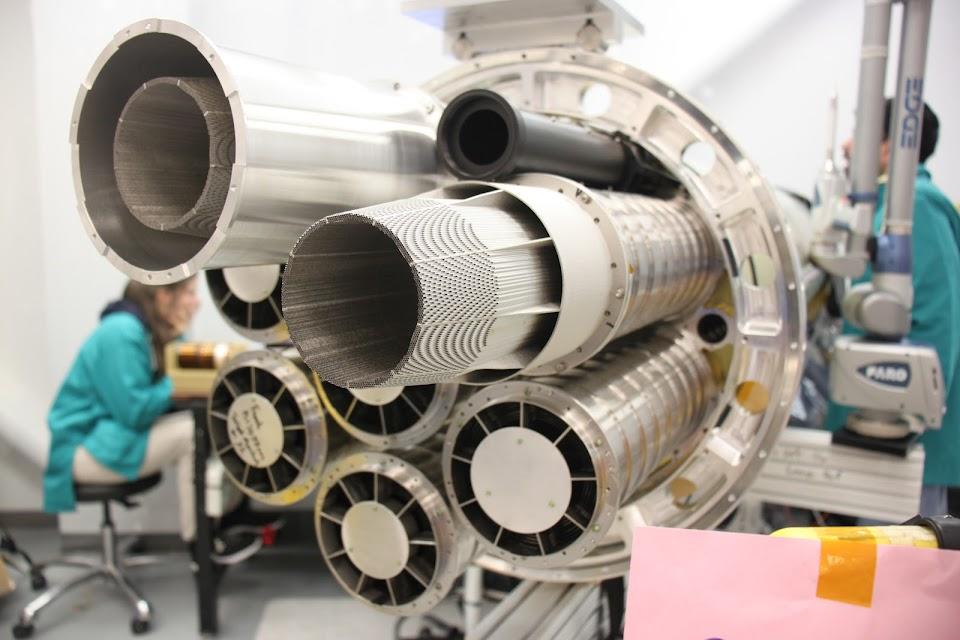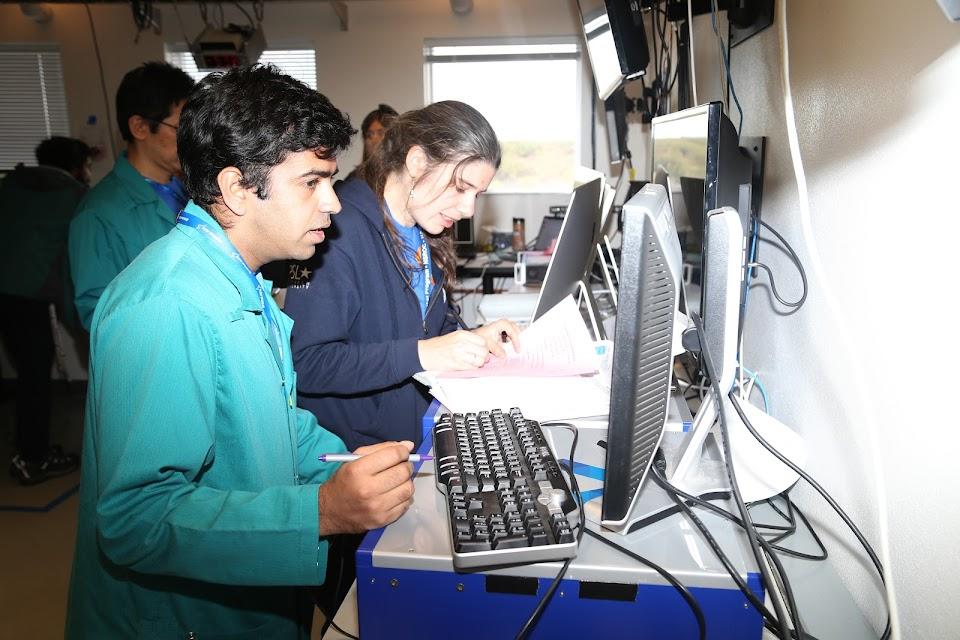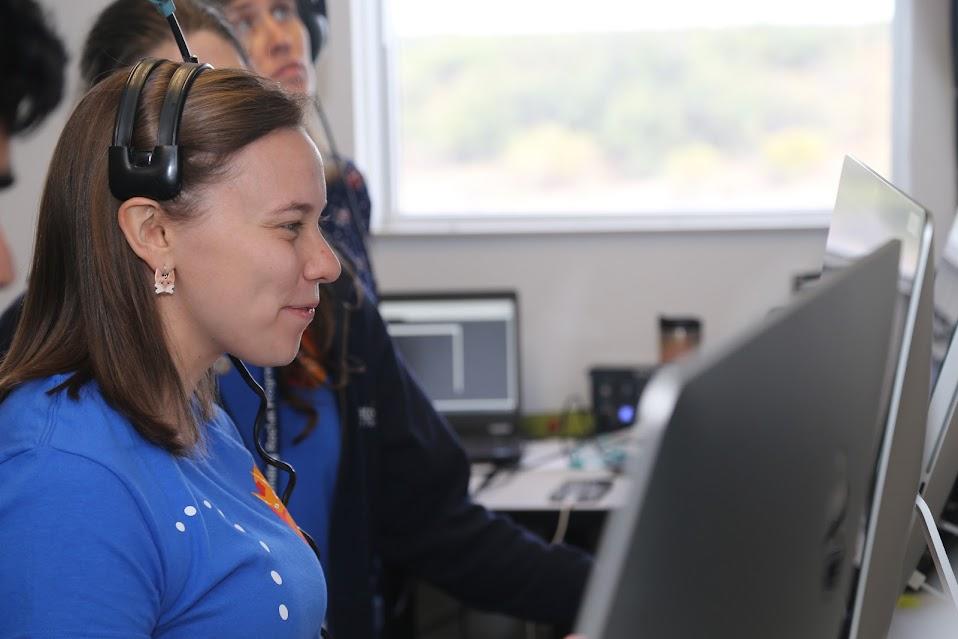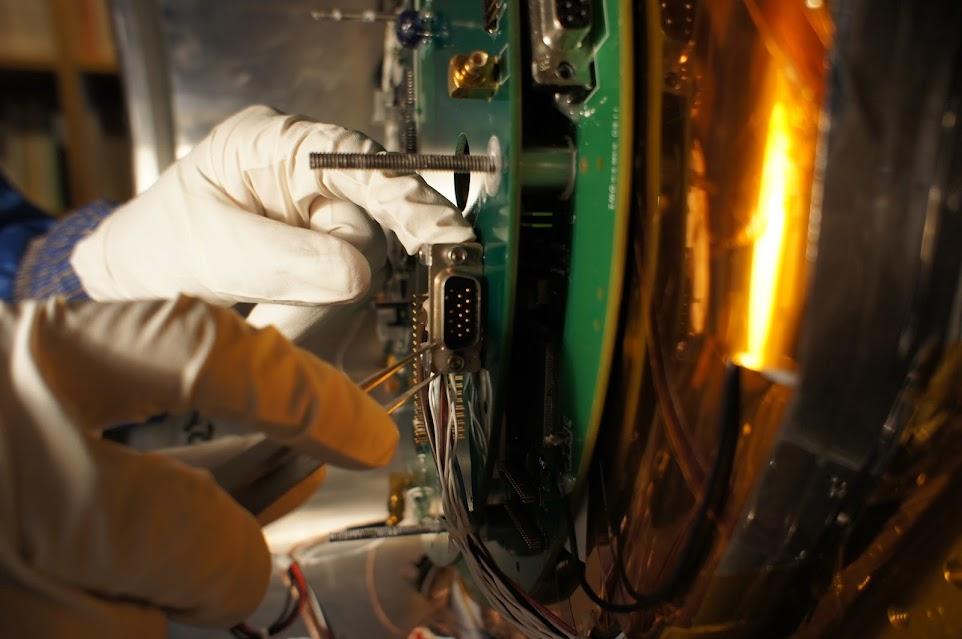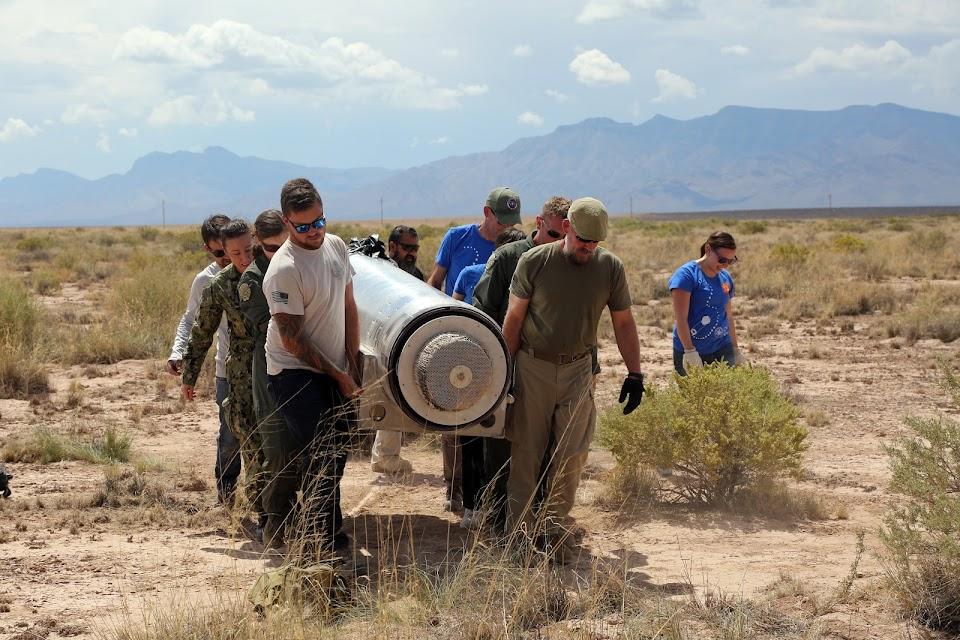What is FOXSI?
The Focusing Optics X-ray Solar Imager (FOXSI) is a sub-orbital rocket project with three successful launches (and gearing up for a fourth in April 2024!) It is the first solar-dedicated instrument to observe hard X-rays using focusing optics. Direct imaging enables the experiment to study solar radiation with enhanced sensitivity and dynamic range, exploring issues of energy release and particle acceleration in the corona—the outermost layer of the Sun.
FOXSI-4
The rocket’s fourth launch is scheduled for April 2024 at Poker Flat Research Range in Alaska as part of NASA's first-ever solar flare campaign. Along with the Hi-C experiment, FOXSI-4 will have a two-week launch window with a flexible launch time, during which both rockets will be prepared to launch simultaneously in the event of a medium or large solar flare. The launch window opens April 5.
